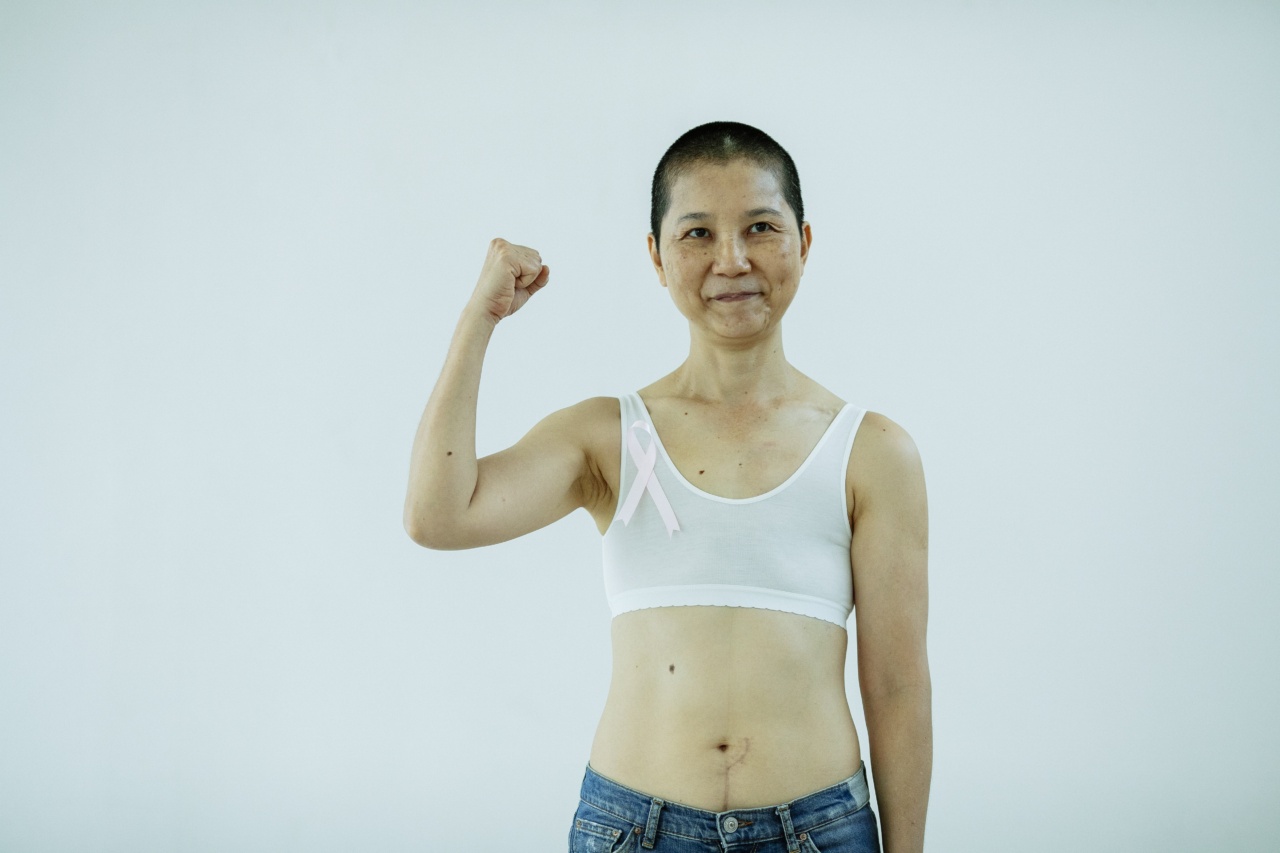Cancer is a life-altering disease that affects millions of people worldwide. Surviving cancer is a tremendous achievement, but it often comes with its own set of challenges.
Many cancer survivors experience physical limitations, pain, and decreased quality of life as a result of cancer treatments. This is where physiotherapy comes in as a powerful tool in empowering cancer survivors on their journey to recovery.
Understanding the Role of Physiotherapy in Cancer Survivorship
Physiotherapy, also known as physical therapy, is a healthcare profession that focuses on aiding individuals in restoring and maintaining optimal physical function and mobility.
In the context of cancer survivorship, physiotherapy plays a crucial role in addressing specific challenges and concerns that arise as a consequence of cancer and its treatments.
The goal of physiotherapy in this setting is to enhance survivors’ physical functioning, minimize complications, manage cancer-related symptoms, and ultimately improve their quality of life.
The Benefits of Physiotherapy for Cancer Survivors
Physiotherapy offers a range of benefits for cancer survivors, targeting both physical and psychological well-being. Let’s explore some ways in which physiotherapy empowers cancer survivors:.
1. Restoring Physical Function
Cancer treatments, such as surgery, chemotherapy, and radiation therapy, can take a toll on the body, leading to muscle weakness, fatigue, and reduced mobility.
Physiotherapy interventions, including exercises and stretches, can help restore physical function by improving muscle strength, flexibility, and overall endurance.
2. Managing Lymphedema
Lymphedema, a common side effect of cancer treatment, is characterized by the accumulation of lymphatic fluid, resulting in swelling and discomfort.
Physiotherapists use specialized techniques, such as manual lymphatic drainage and compression therapy, to reduce swelling and relieve symptoms associated with lymphedema.
3. Easing Pain and Discomfort
Chronic pain and discomfort are often experienced by cancer survivors due to the disease itself or as a result of treatments.
Physiotherapy incorporates various pain management strategies, including gentle exercises, heat therapy, and transcutaneous electrical nerve stimulation (TENS), to alleviate pain and improve overall comfort.
4. Improving Range of Motion
Certain cancer treatments can lead to stiffness and limited range of motion in joints and muscles.
Physiotherapists employ techniques like stretching, joint mobilization, and aquatic therapy to enhance joint flexibility and restore optimal range of motion, enabling cancer survivors to perform daily activities with greater ease.
5. Enhancing Respiratory Function
Certain cancers and treatments can impact respiratory function, leading to shortness of breath and difficulty breathing.
Physiotherapy techniques, such as breathing exercises and respiratory muscle training, help strengthen the respiratory muscles and improve lung capacity, enabling survivors to breathe more comfortably.
6. Addressing Fatigue
Cancer-related fatigue is a common and distressing symptom experienced by many survivors.
Physiotherapy interventions, such as tailored exercise programs and energy conservation strategies, are designed to manage fatigue and increase energy levels, allowing cancer survivors to engage in daily activities with greater vitality.
7. Enhancing Mental Well-being
Dealing with cancer can have a significant impact on mental health, leading to anxiety, depression, and other psychological distress.
Physiotherapy provides a supportive environment where survivors can engage in physical activities, promoting the release of endorphins, which are natural mood boosters. Additionally, physiotherapists may offer counseling and relaxation techniques to further enhance mental well-being.
8. Promoting Survivorship Care Planning
Physiotherapists play a crucial role in survivorship care planning by collaborating with healthcare teams to ensure a comprehensive approach to cancer survivorship.
They provide survivors with personalized exercise and self-management strategies to maintain optimal physical function and prevent long-term complications.
9. Offering Rehabilitation after Reconstructive Surgery
Reconstructive surgery is often performed as a part of cancer treatment, particularly for breast cancer survivors.
Physiotherapy plays a vital role in the rehabilitation process, helping individuals regain strength, optimizing scar tissue healing, and facilitating a smooth recovery.
10. Providing Supportive Care and Education
Physiotherapists offer valuable supportive care for cancer survivors, providing education and guidance on managing symptoms, reducing treatment-related side effects, and promoting overall well-being.
They empower survivors to take an active role in their recovery and equip them with necessary self-management strategies for long-term success.
In conclusion, physiotherapy plays a pivotal role in empowering cancer survivors by addressing their unique physical challenges, managing symptoms, and improving overall quality of life.
With the power of physiotherapy, cancer survivors can regain strength, enhance functionality, and embrace a fulfilling life beyond cancer.






























